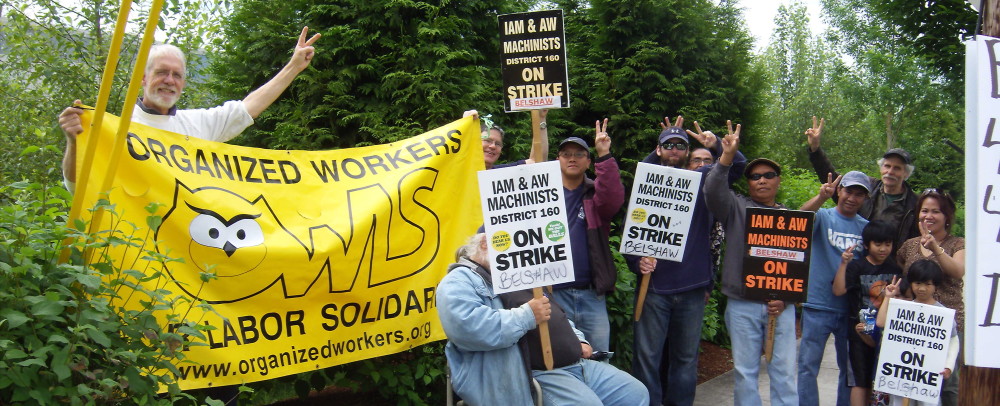
Republican Sen. Andy Hill, front, speaks about the chamber’s budget proposal, Tuesday, March 31, 2015, in Olympia, Wash. The plan seeks to put more money into the state’s basic education system without raising taxes. (AP Photo/Rachel La Corte)
SENATE PAY PLAN IS WRONG SOLUTION
By Rachel La Corte
Senate Republicans offered a budget plan this week that is creative in the way it shifts funds and takes other steps to meet a balanced budget goal – without raising taxes. It is full of as yet unexamined budget complexities but one thing is obvious: It balances the books too heavily on the backs of state employees.
The Senate plan rejects union contracts – negotiated with Gov. Jay Inslee’s labor team – that otherwise would raise most general government workers’ pay by 4.8 percent over two years. These are state workers who last saw a general wage increase in July 2008 – more than six years ago.
In its place Senate budget writers, led by Sen. Andy Hill, R-Redmond, are offering flat $1,000 per year raises to state agency workers – regardless of pay level.
Of course, such a move would be illegal.
Under the Personnel Reform Act of 2002, state workers were given the right to bargain collectively with the governor, and lawmakers were given only the right to reject or accept ratified contracts through the budgeting process.
The Legislature has no right to impose terms or dictate what raises should be. Rather, if lawmakers failed to ratify or accept the contracts, Inslee and unions would go back to the table and negotiate all over again. In the meantime, terms of old contracts – which had no pay raises – would remain in effect.
When Hill outlined his plan Tuesday, he said it saves taxpayers upward of $500 million compared to what full funding of contracts would entail. It does that mainly by rejecting most of the roughly two-dozen contracts negotiated between unions and Inslee. About $40 million is saved by no longer covering spouses of state employees who have access to health plans at their own jobs.
The Senate Majority Coalition Caucus budget does provide cost-of-living raises for K-12 teachers and also home care workers. But unlike the governor’s and House Democrats’ budget plans, the Senate does not provide extra funds for K-12 staffers beyond the cost-of-living raises required under Initiative 732.
The other budgets add extra funds for K-12 pay because teachers, like line workers in general government, have not seen general wage hikes since 2008.
Hill’s budget also shows some cunning. He offers pay raises of $1,000 per year for state workers regardless of salary level. Hill said the goal there is to get at the problem of wage inequality.
That’s a claim that labor unions are finding hard to swallow.
“I would say they are interested in the politics of resentment – pitting workers against each other. Just like the playbook of pitting private sector worker against public sector workers,” said Greg Devereux, executive director for the Washington Federation of State Employees, the largest state-worker union. “It’s intended to be divisive. It’s very clever.”
Devereux has a point.
Lawmakers would be wise to follow the lead of House Democrats whose budget plan, like that of Inslee, fully funds the contracts.
